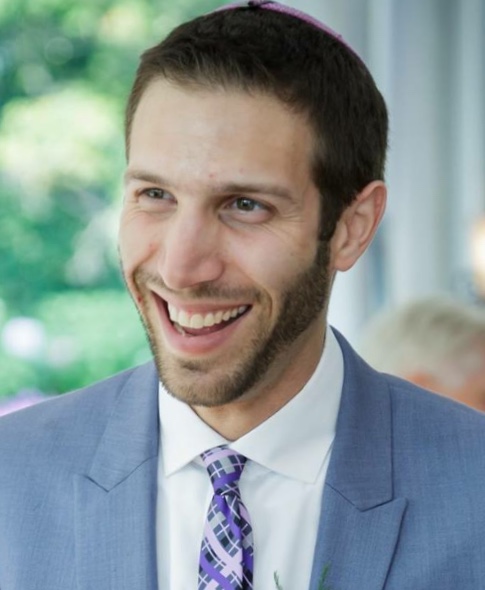9. Be kind to our language.
Avoid pronouncing the phrases everyone else does. Think up your own way of speaking, even if only to convey that thing you think everyone is saying. Make an effort to separate yourself from the internet. Read books.
-Timothy Snyder, On Tyranny
Words Matter, and Words Are Matter
This essay is dedicated to my parents for naming me “Lex,” and to every person who has ever called me “Lexicon.”
———————————————————-
Words are really quite great.
Language is pretty spectacular. Translation and transliteration? Top-notch. Playful punning? Particularly pristine.
Human communication, through language written and spoken, is among my greatest passions. But when people ask, “What are your hobbies?” or “What do you do for fun?” a response of “wordplay” might hit a bit strangely. We’re expected to say something like “basketball” or “painting” or “chess.” For me, though, “messing around with words” is one of my truest answers.
“Be kind to our language,” Timothy Snyder writes.
Preach it to the rooftops, friend! Amen ve’amen!
I might even go beyond “be kind.” I think we should love language. “Love” operates as a verb here with “language” as a direct object. I know some of you thought of “love-language” — the noun we speak about with our partners and therapists. I did, too, because word combinations have their own power, even when the context suggests a totally different meaning.
But I’m talking about the imperative sentence: love language. Language is an object here, almost a material substance. I like when that happens. Because I’m Jewish.
The notion that language is substantive — an object that we can love or a something to which we can “be kind” — is subtly transgressive today, but deeply aligned with classically Jewish notions of language. In biblical Hebrew, devar means both “word” and “thing.” In the Zohar, every letter is personified and auditions to be the first one in the Torah (congrats to Bet on its victory). Words are stuff! They are real, and nearly tangible, in many corners of the Jewish textual tradition.
However, in a post-modern world that segregates that which is tangible (“things”) from that which is spoken (“words”) — just think of the question “person, place, or thing” — we can fall into a trap where being kind to our language would never even occur to us. Language is marked as something we use — a utility that we mobilize. It is only when words are things with substance that we can consider how we treat them, alongside how we use words to treat people.
“Be kind to our language” is a very different sentence from “Be kind with our language.” The latter feels much more common, and it’s not wrong! However, we live in a moment where some of our harshest and most zealous words are needed desperately to call out catastrophic, oppressive, tragic realities. Our prophets exemplified this all over the Bible and rarely settled for “polite” speech.
The notion of being kind with language comes with a real danger — that “kind language” can be equated with “respectable” language that fails to challenge systems of power. Correspondingly, it can imply that harsh speech, even when mobilized to assert deep human truths, is inherently “disruptive.” We need intense, fiery calls to action no less than we need calm, gentle conversations.
Let’s take our most controversial English words for a second. “Fuck” is probably at the top of the list. Its existence, even once, transforms a movie on its own from “fit for children” to “adults only.” Here is where we can clearly differentiate between notions of being kind “with” language and being kind “to” language. I believe the word “fuck” is an unbelievably important one, which does a great deal of powerful work in the world (not always powerfully good work, but sometimes). I cite it here not to be needlessly provocative or to call for its presence in children’s movies. I invoke it because an argument that all language is holy must confront the counter-argument that certain words embody the opposite of holiness.
A relationship of being kind to language presumes that this word — and every other — is at some moment, or set of moments, the most perfect and accurate way to communicate that which needs to be spoken. This orientation presumes that every word we have is a precious tool in the toolbox of verbal (and written) meaning-making, and that operating with an expansive toolbox will serve us far more than throwing our sharpest verbal knives (swear words?) in the trash.
I won’t go so far as to say that every word is betzelem Elohim — an image of God like every human being. But I will say that I revere words, very proudly. That my experiences of the Divine are most apparent not only through beautiful sunsets or musical harmonies, but in a friend’s perfect execution of a Hebrew-English pun that gives both of us an adrenaline rush.
So yes, let’s be kind to our language, like Timothy Snyder said. That which is hateful to us, may we not do to human language. Maybe that’s Torah, and the rest is commentary?







